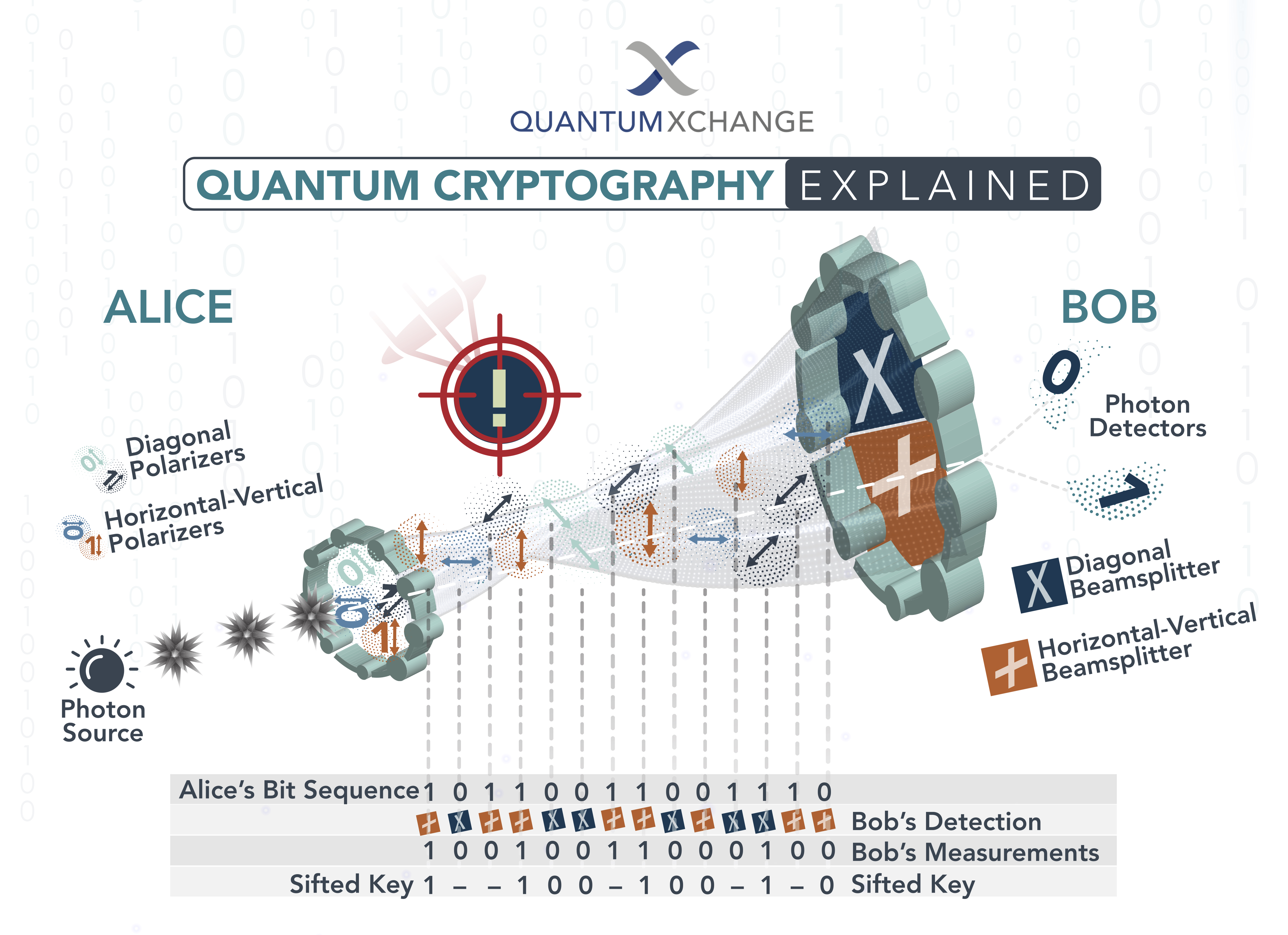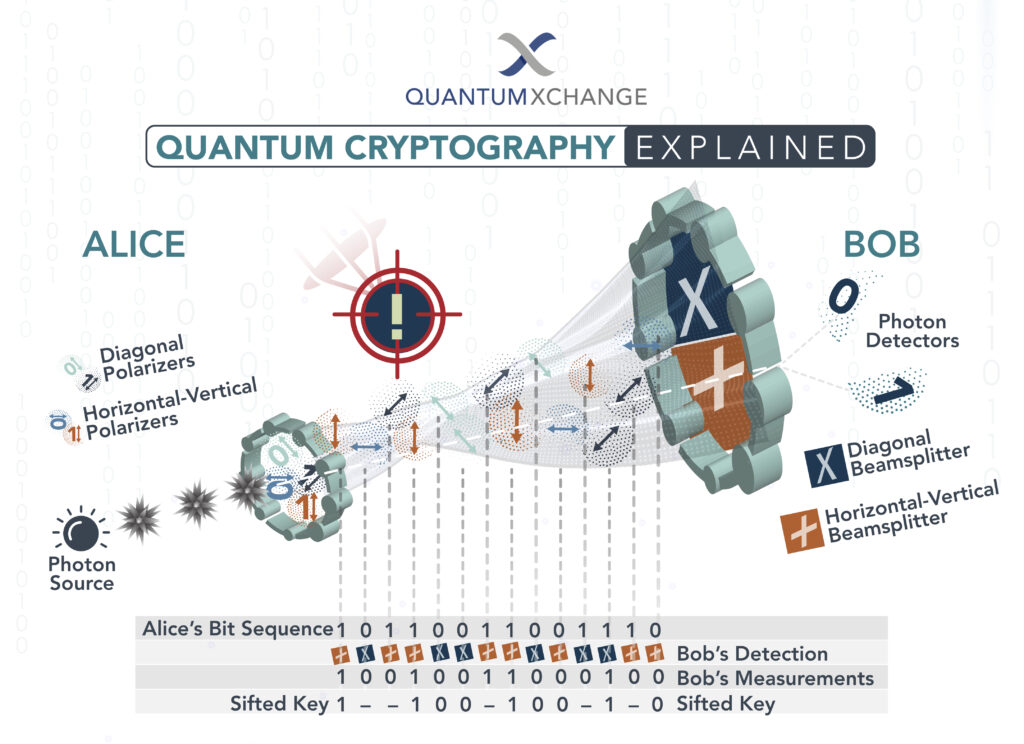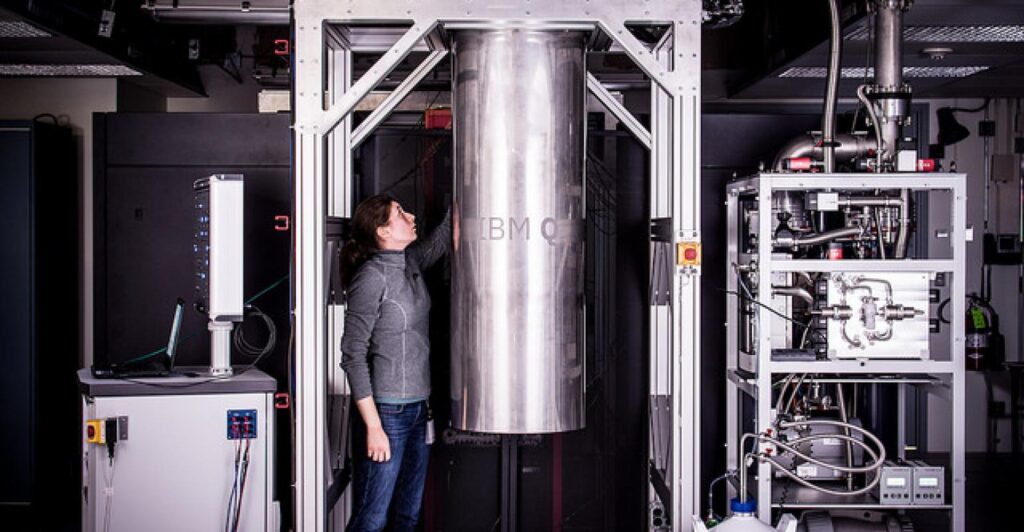Quantum computing has been making waves in the field of technology for its unparalleled computing power. The concept of quantum computing is based on the principles of quantum mechanics, which allows for the manipulation of quantum particles to perform calculations at an astonishingly fast rate. While this technology holds immense potential for various applications, it may also have a significant impact on the field of cryptography.
Cryptography is the science of securing communication channels through the use of mathematical algorithms. The encryption and decryption of data rely on the complexity of these algorithms, making it difficult for unauthorized parties to access sensitive information. However, with the development of quantum computing, the encryption methods that were once considered unbreakable may become vulnerable to hacking. This raises concerns about the security of data, especially in fields such as finance, defense, and healthcare, where confidentiality is of utmost importance.

How Could Quantum Computing Effect Cryptography?
Quantum computing is a new technology that has the potential to revolutionize the way information is processed. The promise of quantum computing is that it can process large amounts of data in a fraction of the time that traditional computers can. As such, it has the potential to revolutionize the field of cryptography, the study of how to securely store and transmit information. In this article, we will explore how quantum computing could affect cryptography.
The Basics of Quantum Computing
At its core, quantum computing is based on the principles of quantum mechanics. This is a branch of physics that studies the behavior of subatomic particles, such as photons and electrons. Quantum computers use these principles to process information at a much faster rate than traditional computers. The advantage of quantum computers is that they can process large amounts of data in a much shorter amount of time.
Quantum computers use qubits, or quantum bits, to store and process information. A qubit is a unit of information that can exist in multiple states at the same time, allowing for faster processing of data. This makes quantum computing much faster than traditional computing, allowing for the processing of large amounts of data in a fraction of the time.
How Quantum Computing Could Affect Cryptography
The main advantage of quantum computing is its speed. This means that it could potentially be used to crack encryption codes much faster than traditional computers. This could allow hackers to access secure information much more quickly than before, making it much more difficult to protect sensitive data.
Quantum computing could also be used to create more secure encryption codes. By using qubits, quantum computers can generate encryption codes that are much harder to break. This could make it much more difficult for hackers to access secure information, making it much more secure.
The Challenges of Quantum Computing
Although quantum computing has the potential to revolutionize the field of cryptography, there are still many challenges that need to be addressed. One of the main challenges is the fact that quantum computers are still in their infancy and are not yet widely available. This means that the technology is still being developed and is not yet ready for widespread use.
Another challenge is the cost associated with quantum computing. Quantum computers are much more expensive than traditional computers, making them prohibitively expensive for many organizations. This means that quantum computing will likely remain a niche technology for the foreseeable future.
Conclusion
Quantum computing has the potential to revolutionize the field of cryptography. However, there are still many challenges that need to be addressed before quantum computing can be used to its full potential. Nevertheless, it is clear that quantum computing could have a significant impact on the field of cryptography in the future.
Frequently Asked Questions: How Could Quantum Computing Effect Cryptography?
Quantum computing has the potential to revolutionize the way that cryptography is used to protect information. This technology could allow for better security of digital information, faster computations, and more efficient methods of encryption. In this article, we will explore how quantum computing could impact cryptography, and answer some of the most frequently asked questions on the subject.
What is Quantum Computing?
Quantum computing is a form of computation that utilizes the principles of quantum mechanics to store and process information. It relies on the utilization of qubits, which are quantum bits that can exist in multiple states simultaneously. This allows for the manipulation of data with greater speed and efficiency than traditional computing. Quantum computing can be used for a variety of applications, including cryptography.
How Could Quantum Computing Impact Cryptography?
Quantum computing has the potential to revolutionize the way that cryptography is used to protect information. This technology could allow for better security of digital information, faster computations, and more efficient methods of encryption. Since quantum computing is able to process data more quickly, it could allow for stronger encryption measures that would be more difficult to crack. Quantum computing could also be used to create algorithms that are more difficult to decipher, making it more difficult for attackers to gain access to valuable data.
What are the Benefits of Quantum Computing for Cryptography?
Quantum computing has the potential to provide a number of benefits for cryptography. As mentioned above, it could allow for stronger encryption measures and more secure methods of data protection. Additionally, quantum computing could allow for faster computations, which could make encryption and decryption of data more efficient. This could be especially useful for applications that require a high level of security, such as banking and financial transactions.
What are the Challenges of Quantum Computing for Cryptography?
While quantum computing has the potential to revolutionize the way that cryptography is used to protect information, there are also some challenges associated with its implementation. For example, quantum computing is still in its early stages of development, so the technology is not yet widely available. Furthermore, quantum computing is more expensive than traditional computing, which could limit its widespread adoption. Additionally, quantum computers require a significant amount of power to run, which could be a barrier for some potential users.
How Can Quantum Computing be Used to Enhance Cryptography?
Quantum computing can be used to enhance cryptography in a number of ways. For example, quantum computing can be used to create algorithms that are more difficult to decipher, making it more difficult for attackers to gain access to valuable data. Additionally, quantum computers could be used to create more secure encryption methods that are faster and more efficient. Finally, quantum computing could be used to develop new methods of authentication that are more secure than traditional methods.

In conclusion, it is clear that quantum computing will have a profound impact on the field of cryptography. While traditional cryptographic methods rely on the computational complexity of certain problems to secure data, quantum computing’s ability to quickly solve these problems could render these methods obsolete. As a result, researchers are working diligently to develop new cryptographic algorithms that are resistant to quantum attacks.
Despite the challenges that quantum computing presents, there is also an opportunity for innovation and progress in the field of cryptography. As quantum computers become more powerful and widely available, there will be a greater need for secure communication and data protection. By embracing the potential of quantum cryptography, we can create a more secure and trustworthy digital world for generations to come.



